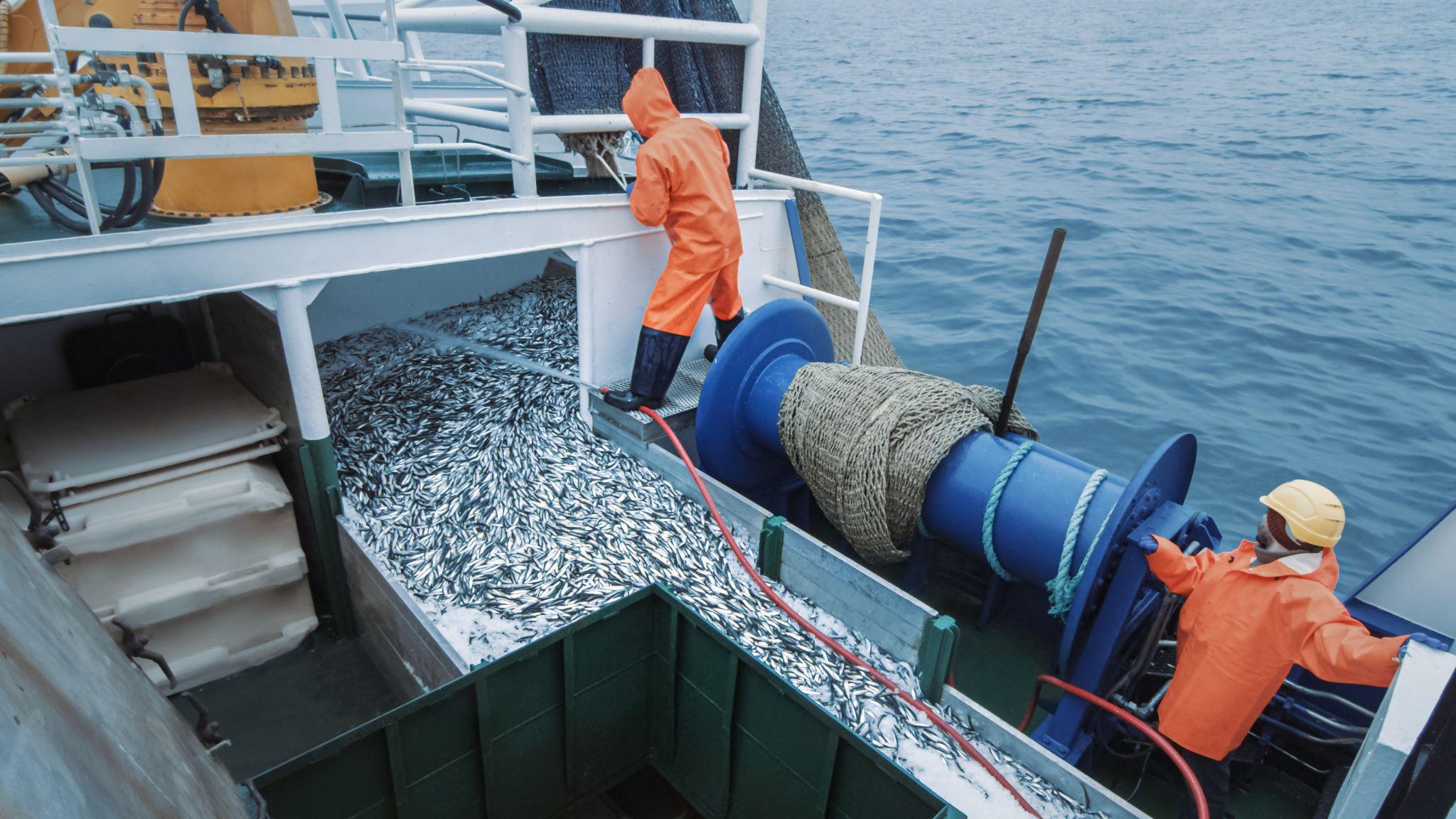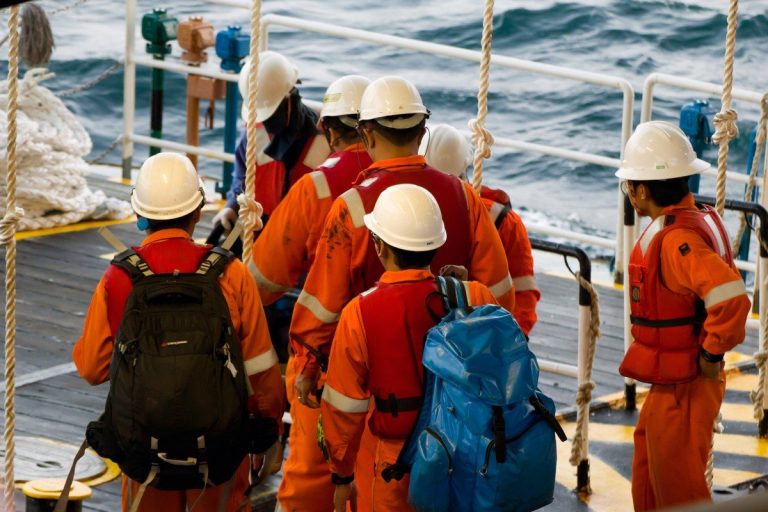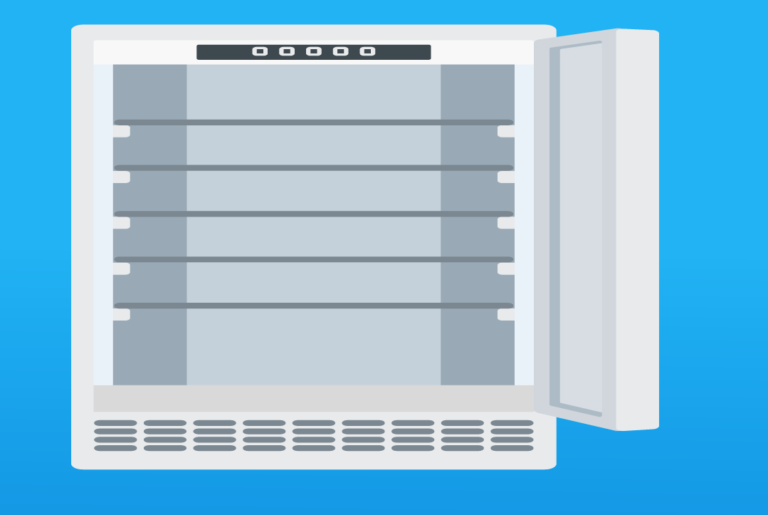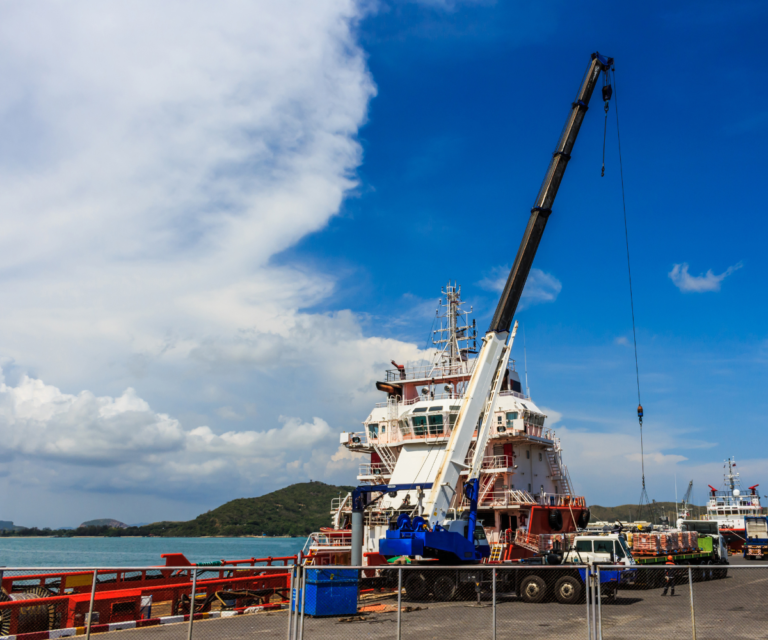Workers employed on commercial fishing boats must not only deal with dangerous weather, long hours, and a hazardous workplace; they must also engage in intensive manual labor. As such, commercial fishermen can sustain a wide range of injuries to their muscles and tendons, many of which require weeks or months to heal.
Injuries Common to Commercial Fishermen
Ergonomic injuries are those that occur because of lengthy exposure to repetitive motion, awkward or unnatural body positions, and unsafe conditions in the workplace. Most commercial fishing jobs require workers to spend the bulk of their days transferring nets and fish to and from the water and vessel, and working with fishing gears.
These fishing methods require much heavy lifting, bending, pulling, and throwing, which take a serious toll on the body over time. What’s worse, because most commercial fishermen live in cramped quarters, there’s rarely room to stretch or return to a full and healthy posture.
The lack of training, as well as too few breaks to rest and hydrate, can result in the development of ergonomic injuries affecting the spine, neck, back, and shoulders, along with many other areas of the body. Pain in the lower back, shoulders, knees, wrists, and hands are commonly reported by commercial fishermen.
Ergonomic tendon and muscle injuries that are common to commercial fishing industries include:
- Carpal tunnel syndrome
- Muscle strain and spasms
- Tendonitis
- Rotator cuff injuries
- Golfer’s elbow
- Complete tears or partial tearing of muscles or tendons
- Compressed nerves in the spine or back causing pain
All of the following symptoms are associated with ergonomic injury:
- Intense pain
- Swelling
- Rapid bruising
- Feeling or hearing a pop or snap
- Muscle soreness in the area surrounding the injury
- Pain that appears gradually or rapidly, and is either acute or ongoing
- Weakness
- Loss of range-of-motion
- The inability to place any weight on the area without experiencing severe pain
How Are Muscle and Tendon Injuries Treated?
Thankfully, injuries to muscles and tendons can be treated and healed. Depending on where on the body you sustained injury, you may be able to get symptom relief and injury treatment with:
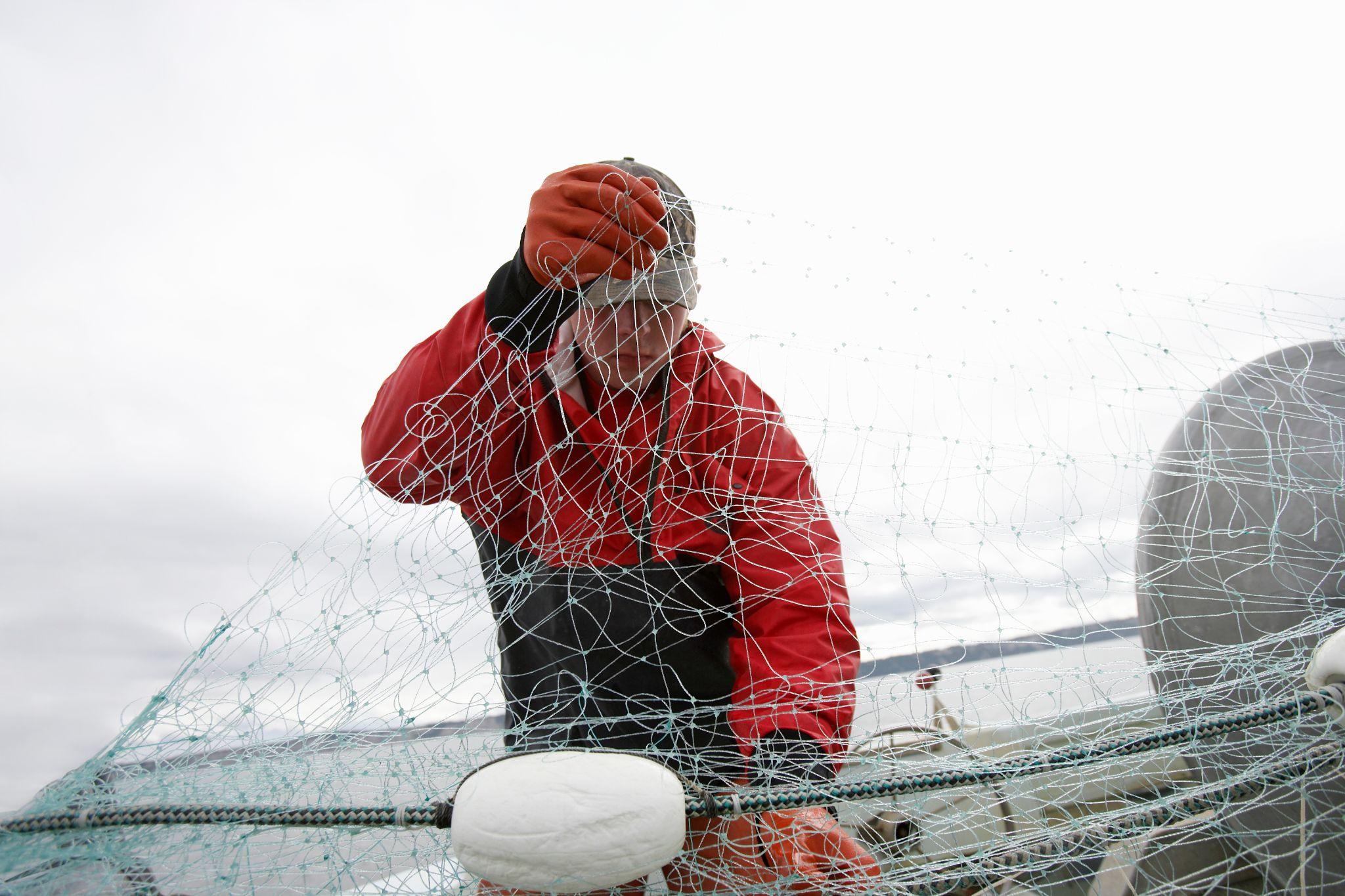
- Pharmaceutical or natural medications
- Acupuncture
- Physiotherapy
- Osteopathy
- Chiropractic
- Massage therapy
- Medical devices like compression sleeves and knee braces
One of the best ways to heal injuries to the muscles and tendons is with sufficient rest from physical activity.
Can You Get Injury Compensation from Your Employer?
Proper treatment and rest are both crucial to recovering from ergonomic injuries, but the price of some treatments, along with time off work can greatly increase your costs. If you are not working because you sustained a muscle or tendon injury, you do have options for getting compensation.
Your employer is bound by a duty of care; they must take whatever steps are necessary to ensure your workplace is safe, including how to use and move equipment without causing injury. If they neglect to train you properly or maintain a safe workplace, they may be liable for damages.
You can also seek compensation under the Jones Act. Commercial fishermen qualify for this option because they are employed on vessels and perform duties that further the missions of their vessels. Jones Act employees are entitled to Maintenance, which are weekly payments for living expenses, and Cure, the payment of reasonable medical expenses.
What to Do First After Becoming Injured
The first thing to do after you sustain injury while at work is to complete whatever accident reports or paperwork are required by the employer or owner of the commercial fishing vessel. This will accomplish two things: it provides evidence of where the injury occurred and evidence that you were proactive and began the compensation process right away.
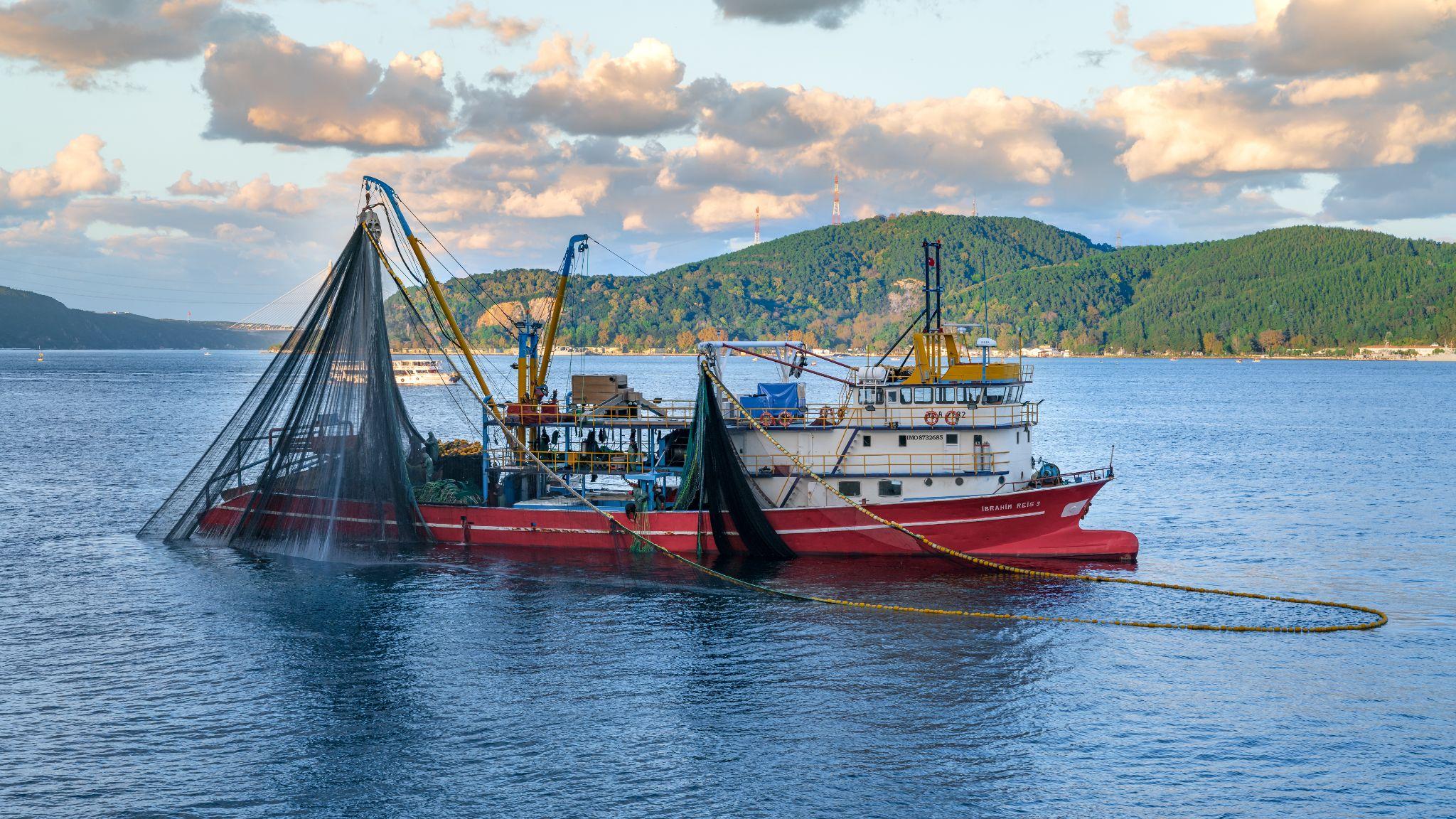
You’ll also want to ensure you’ve received a medical opinion from both your company’s doctor and your own doctor. However, you should never sign paperwork your employer gives you or provide a recorded statement without first speaking to an attorney.
Ensure you have both physical and digital copies of your important documents. Examples of some of the documents you will want to include in your files are copies of:
- Your company’s doctor’s diagnosis, current and future treatments, and prognosis
- Your own doctor’s diagnosis, current and future treatments, and prognosis
- Contact information for your employer and both doctors
- Any correspondence received from your employer or doctors
- Receipts for any medical treatments, hospital bills, and medications purchased
- Estimates for any future treatments that may be needed
- Any witness statements
- Documents that explain the limitations placed on your future employment as a result of your injury and calculations to illustrate loss of future earnings
- Any evidence that illustrates negligence on behalf of your employers and the long-term impacts of your injuries
The Right Attorney Is Key
Commercial fishermen who sustain fishing injuries while on the job simply cannot take the same legal route as other kinds of employees. This is because maritime workers are bound by specific and complex maritime laws which require the skills of a maritime attorney to navigate.
The maritime attorneys at Schechter, Shaffer & Harris not only possess an intimate understanding of the laws surrounding commercial fishermens’ injuries, but also know how to ensure maritime workers receive full protection and maximum compensation for their injuries.
We possess over 100 years of combined trial experience in maritime injury cases and have recovered millions of dollars for various types of fisherman injuries. Claim your free, confidential case review today.

